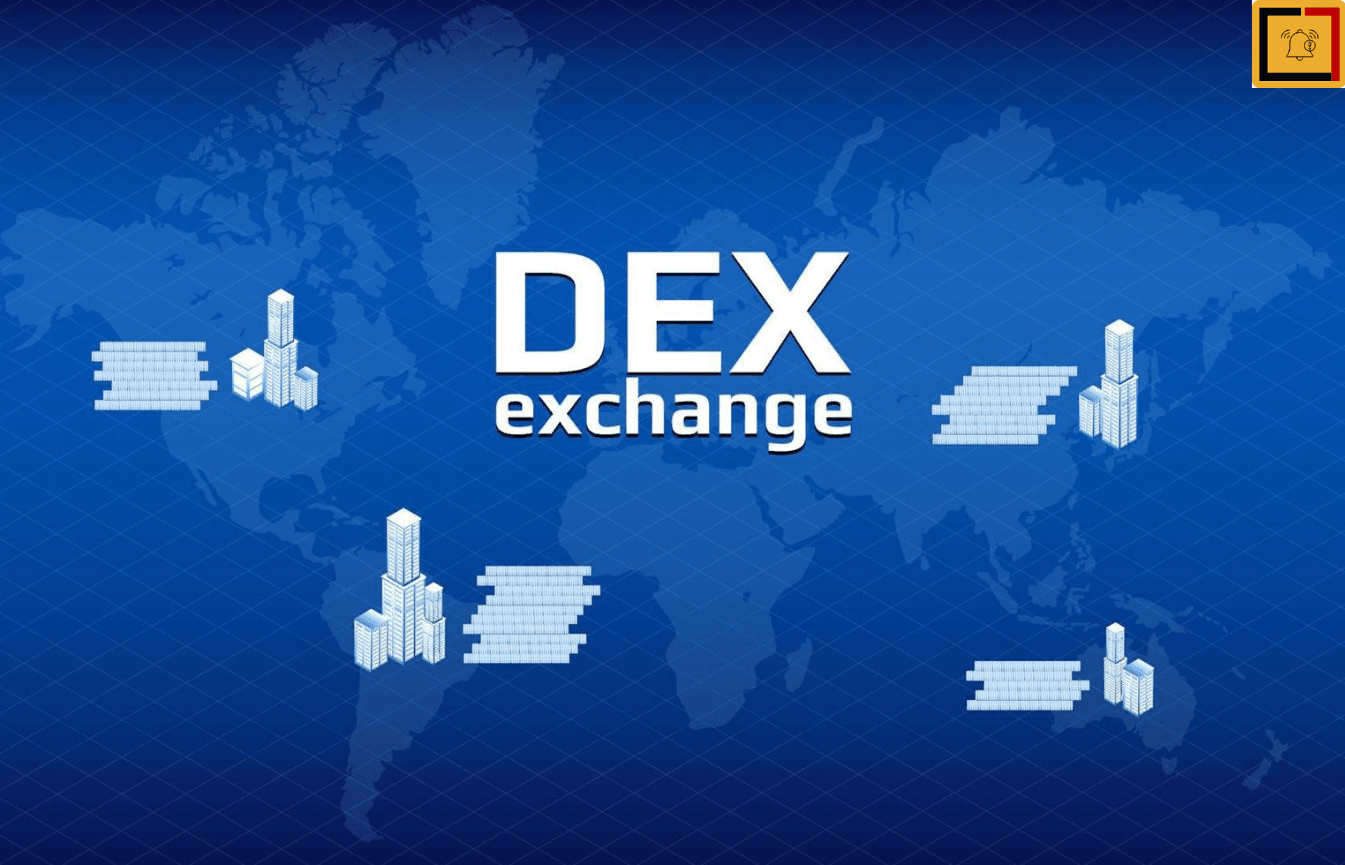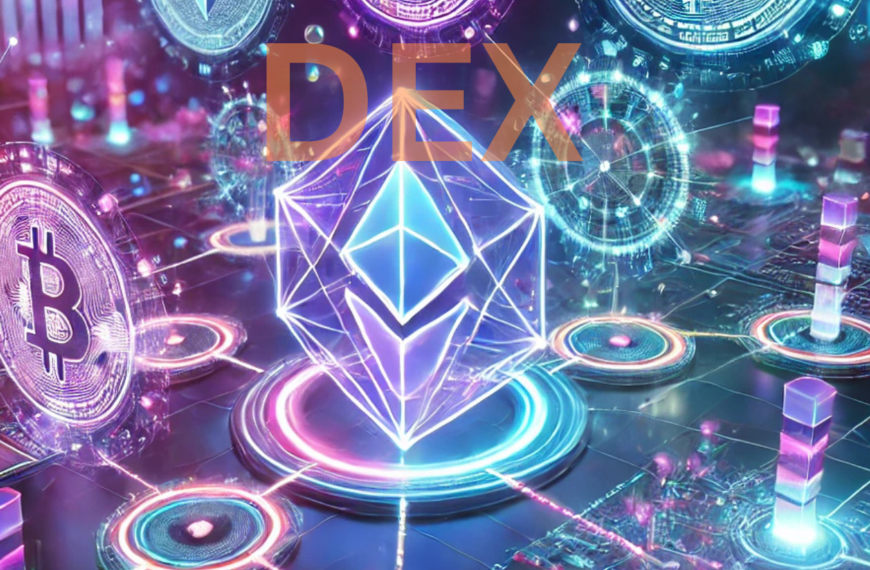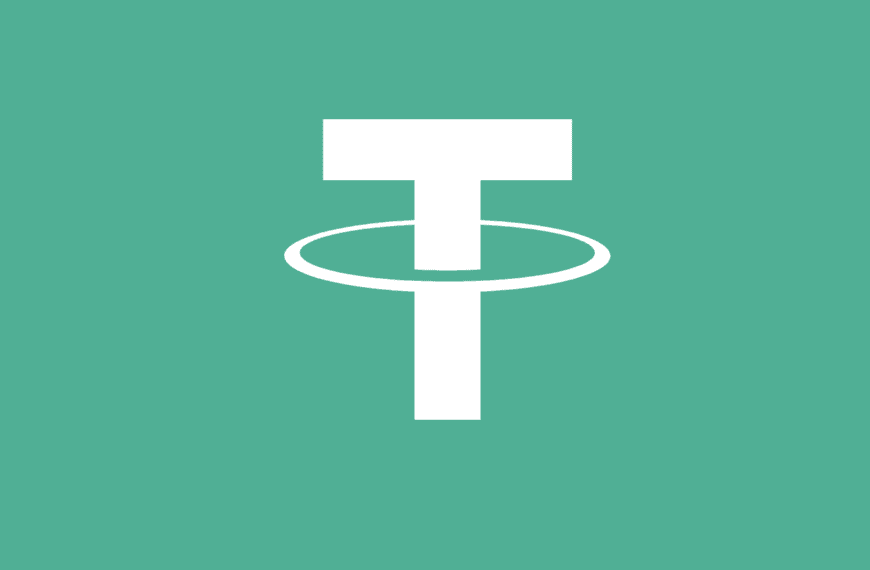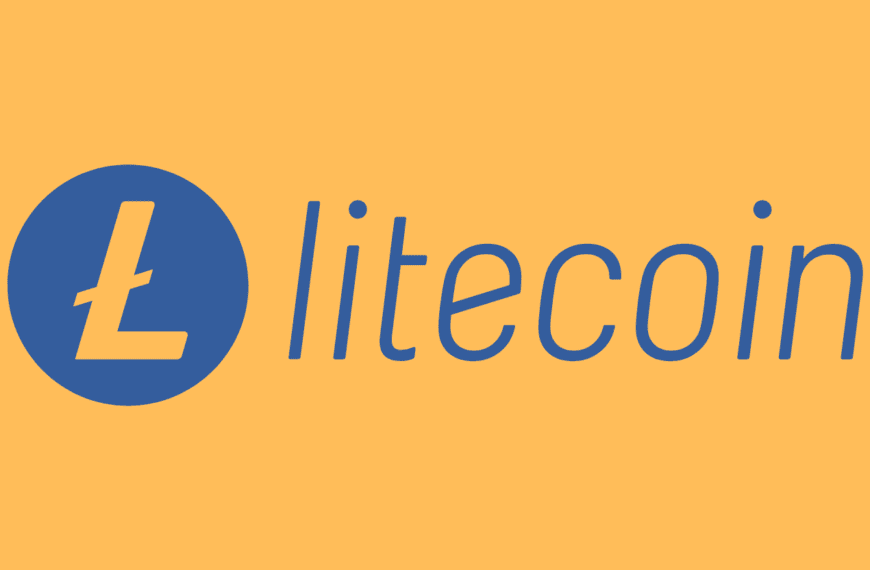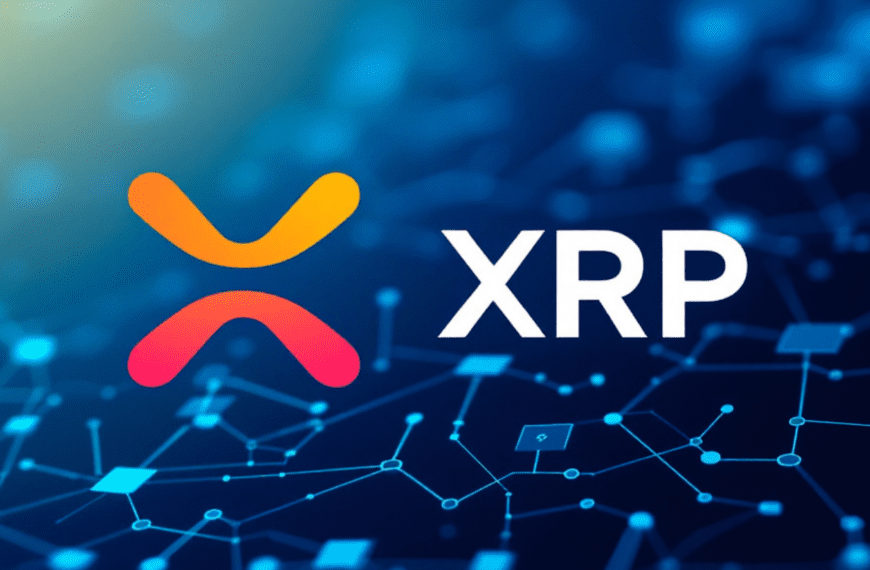A decentralized exchange (DEX) is a platform that allows people to trade cryptocurrencies directly with one another without needing a middleman, like a bank or company, to oversee the process. Unlike traditional exchanges, known as centralized exchanges (CEXs), DEXs give users full control over their funds and trades, making them a key part of the growing world of blockchain and cryptocurrency.
Let’s break down what a DEX is, how it works, and why it matters in simple terms.
What is a Decentralized Exchange?
Imagine you want to trade your Bitcoin for Ethereum. On a centralized exchange like Coinbase, you’d deposit your Bitcoin into their platform, place a trade, and let the company handle the transaction. In this case, the exchange holds your money temporarily and acts as a middleman. You have to trust that the exchange will keep your funds safe and process the trade correctly.
A DEX, on the other hand, removes the middleman. Instead of a company controlling the process, trades are handled directly between users through blockchain technology and automated software called smart contracts. These smart contracts are like digital agreements that run automatically when certain conditions are met, ensuring trades are smooth and secure without needing someone to oversee them.

How Does a Decentralized Exchange (DEX) Work?
- Peer-to-Peer Trading: On a DEX, trading happens directly between users. If you want to exchange your Bitcoin for Ethereum, the DEX matches you with someone who wants to make the opposite trade. This is called peer-to-peer trading.
- Smart Contracts: Smart contracts are the backbone of DEXs. These are pieces of code stored on a blockchain that automatically execute trades when both parties agree to the terms. For example, if you agree to trade 1 Bitcoin for 20 Ethereum, the smart contract ensures the swap happens only when both parties fulfill their side of the deal.
- Liquidity Pools: Many DEXs rely on something called liquidity pools to make trading faster and easier. These pools are like shared bank accounts where users deposit pairs of cryptocurrencies. For instance, someone might add both Ethereum and a stablecoin like USDT into a pool. When you want to trade Ethereum for USDT, you don’t have to wait for a specific buyer—you can simply trade with the pool. In return, the people who provide these funds earn small fees as a reward.
- Non-Custodial: One of the most important features of a DEX is that it is non-custodial. This means you never hand over your funds to the exchange itself. Instead, your cryptocurrencies stay in your own wallet until the trade happens. You’re always in control of your money.
Benefits of a DEX
- Control: On a DEX, you own your funds and private keys at all times, reducing the risk of losing money due to a hack or mismanagement by the exchange.
- Privacy: DEXs typically don’t require users to create accounts or share personal information, making them more private than centralized exchanges.
- Accessibility: Anyone with a cryptocurrency wallet and internet access can use a DEX, no matter where they live.
- Censorship Resistance: Since DEXs run on decentralized networks, they can’t be easily shut down or controlled by governments or organizations.
Challenges of Using a DEX
While DEXs have many advantages, they also come with challenges:
- Complexity: For beginners, using a DEX can be confusing, as you need to understand wallets, private keys, and smart contracts.
- Fees: Depending on the blockchain, transaction fees (like Ethereum gas fees) can be high, making small trades expensive.
- Risk of Mistakes: Since there’s no customer support, any mistakes you make—like sending funds to the wrong address—are permanent.
- Limited Liquidity: Some newer or smaller DEXs might not have enough funds in their liquidity pools, which can make trading slow or difficult for large amounts.
Why Are DEXs Important?
DEXs are a cornerstone of the decentralized finance (DeFi) movement, which aims to create a financial system that operates without traditional banks or intermediaries. They align with the core principles of blockchain technology: transparency, security, and decentralization.
In a world where data breaches and financial control are major concerns, DEXs offer a way for people to trade cryptocurrencies on their terms. Whether you’re buying, selling, or swapping digital assets, a DEX gives you more freedom and control over your finances.
Conclusion
Decentralized exchanges represent the future of trading in the cryptocurrency world. They’re secure, transparent, and empowering, allowing users to trade without relying on a third party. While they come with challenges, such as higher learning curves and potential risks, their benefits make them an essential part of the decentralized revolution. With a DEX, you’re not just trading assets—you’re taking control of your financial future.
https://news.coincap7.com/what-is-a-cryptocurrency-exchange/
https://www.gemini.com/cryptopedia/decentralized-exchange-crypto-dex
Disclaimer: The content provided here is for educational purposes only and is intended to raise awareness about cryptocurrency and blockchain technology. It should not be considered as financial or investment advice. Before investing in any cryptocurrency or token, we strongly encourage you to conduct thorough research, understand the associated risks, and make informed decisions (DYOR – Do Your Own Research). For detailed guidance, consult a qualified financial advisor.
